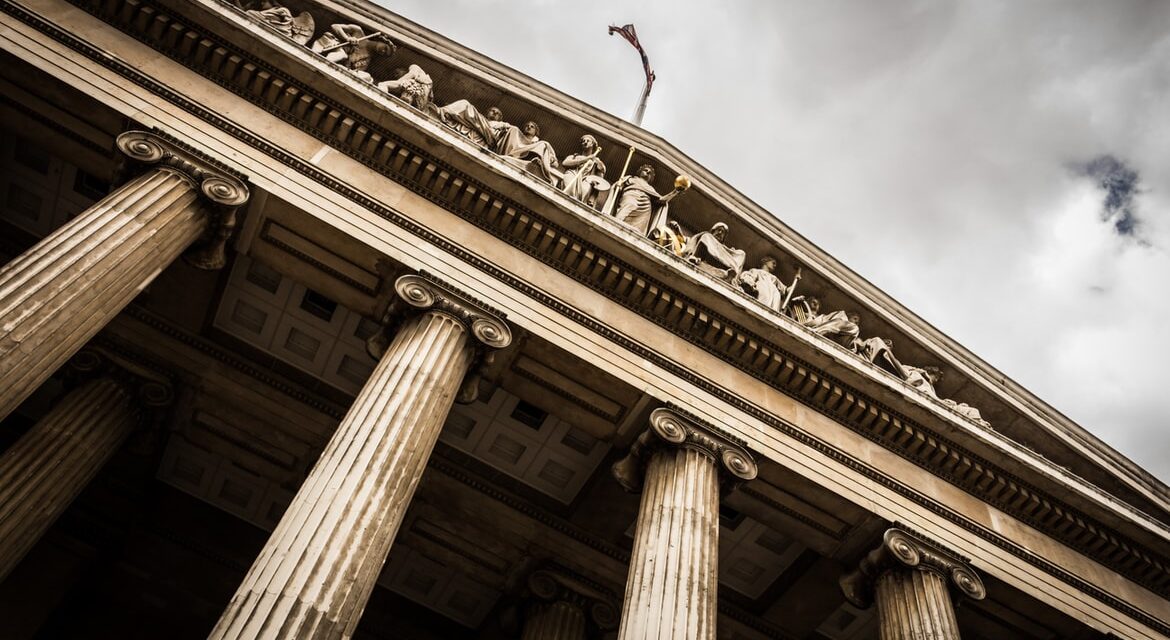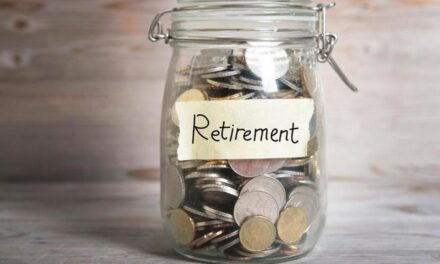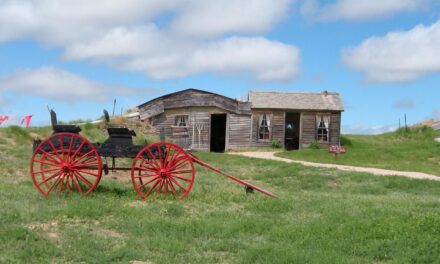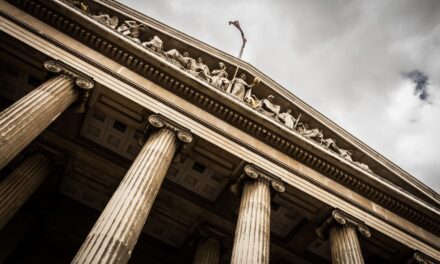Most states, including Kentucky, have something called a homestead protection law.
Under this law, people who have filed for bankruptcy can keep a portion of their real property, which is referred to as the homestead, exempt from creditors.
The purpose of homestead protection laws is to prevent people from losing their homes during difficult financial times. Without this law, people who declared bankruptcy may end up homeless. The law is intended to prevent this extreme situation.
How exactly does this work? Let’s say that you have fallen behind on your mortgage payments. If you decide to file for bankruptcy, you can claim the maximum $5,000 exemption on your home’s equity. Even though you owe money to creditors, this exemption can prohibit the creditors from seizing your home. You can remain living in your home while the bankruptcy process is sorted out.
In addition to the homestead exemption, debtors in Kentucky can also exempt certain personal property from creditors during bankruptcy. Again, there is a limit on the amount of personal property that can be exempt. You can protect up to $3,000 of jewelry, clothing, ornaments, and household furnishings. Plus, you can exempt a motor vehicle and its accessories of up to $2,500 in value. If you are a farmer, you can also protect up to $3,000 of tools, equipment, and livestock.
Keep in mind that these homestead exemptions are provided by state law. There are also federal homestead exemptions, but you cannot claim exemptions under both federal and state law. You must choose one or the other.
If you have questions about the homestead exemption, consider speaking with an experienced personal bankruptcy attorney. Every case is different. An attorney can help you decide what choices are the best for you and your family.




